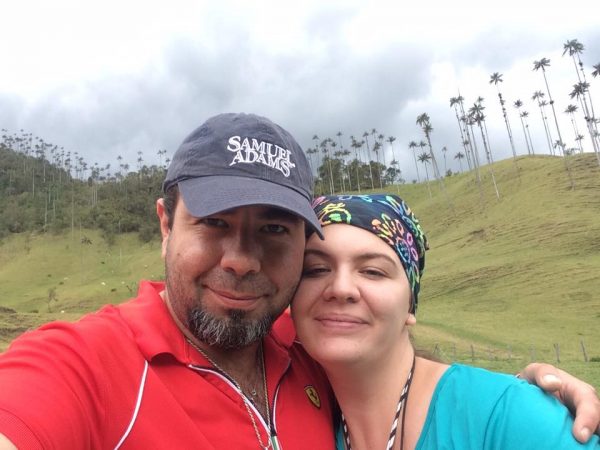Happy Wednesday, readers! So glad to be back with another installment of the “Your Three Year Experiment” series, where we feature stories of people pursuing their unique dreams and goals over the next few years.
Today I’m delighted to introduce Jennifer, a new reader whose story is very similar to my own, except she’s a lot younger, doesn’t have kids, and has way more energy than I do, based on this interview! 🙂
You’re going to love her story! In it, you’ll learn:
- the daily habit Jennifer and Lewis, her boyfriend, use to stay on track with their goals
- their multi-national geoarbitrage plan
- why paying attention to your tax rate is so important
Take it away, Jennifer!
Tell us a little bit about yourself.
Hi! My name is Jennifer and my boyfriend’s name is Lewis. We are in our mid-30’s and live in Cincinnati, OH. We’ve followed very different paths up to this point in our lives but one thing we have in common is our dissatisfaction with following the standard societal norms and the idea of working for the next 30-40 years. We have decided to chart our own path that is a unique mix of a “fully-funded lifestyle change” and eventual financial independence, with a big dash of geoarbitrage mixed in!
Our plan is to spend the next 3 years in Cincinnati saving up/investing as much money as possible so that we can then move abroad for the following decade or so. We would both continue working on-and-off in some capacity- I plan to apply for teaching positions in international universities, while Lewis completes his degree online and then launches his own translation company. Our goal is to move every 2-3 years. So far we are planning: Bogotá (Colombia), then somewhere in the Middle East (likely Dubai or Abu Dhabi) [Laurie’s note: then definitely check out my friend Andrew’s story], then either Paris or Granada (Spain) for Lewis to do his masters. From there, who knows?!?
What’s your background? Early years, education, married, kids, jobs?
I’ve spent most of my life living in Cincinnati minus a few years in Dallas. I grew up in a solidly middle-class family and was the first to attend/graduate college. My parents have always tried to instill the standard American ‘dream’ in me of getting a good job, staying there forever, and living my whole life here in Cincinnati. Sorry to disappoint them, but I’ve never fit into that mold!
Even my career path has been interesting in that I keep jumping back and forth between two fields. I went to a top design school for architecture/interior design but quickly realized that I didn’t enjoy working in the field, so I took extra classes each quarter (the maximum the university allowed!) in order to get a minor in Spanish. Good thing too, because I graduated in 2009 and couldn’t even find a design firm to VOLUNTEER at!
Continue reading “Your Three Year Experiment: Jennifer & Lewis”









